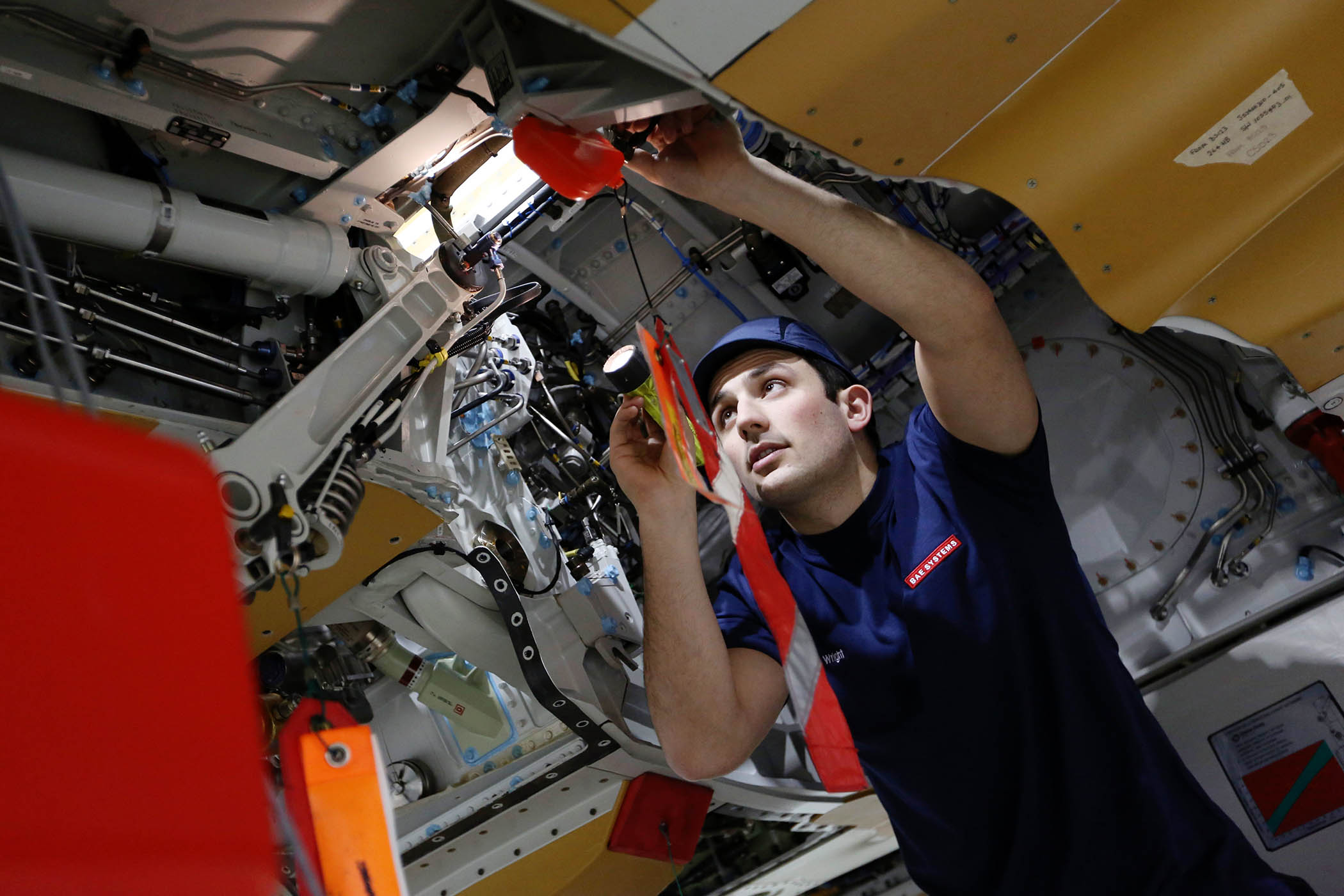What career advice to give your kids has become a hot topic at Silicon Valley dinner parties. Tech-savvy guests have found it hard to disagree with Geoffrey Hinton, the British-Canadian academic who last year won the Nobel prize for his groundbreaking work on artificial intelligence (AI). While most intellectual and office-based jobs will be replaced by AI, he said, the technology will find it harder to excel at physical manipulation, “so a good bet would be to be a plumber”.
A rush of job cuts by technology companies, most recently 9,000 by Microsoft, has added to the AI anxiety: has the long-predicted Armageddon of white-collar job destruction finally begun?
A big tech job used to be very secure. There was genuine shock a couple of years ago when many leading firms – Google, Facebook and Salesforce cut jobs for the first time ever, to reduce costs. The recent layoffs are less about savings and more about fundamentally redesigning business models to take advantage of advances in AI.
In May BT revealed plans to cut up to 55,000 jobs by 2030, in part due to its adoption of AI. Many professional services firms have announced job cuts or hiring freezes, attributing them partly to AI. These include pillars of Britain’s knowledge economy: management consultants, accountants, law firms, HR and recruiting businesses, advertising and PR. But not plumbing.
In Silicon Valley, regular software engineers face lower salaries and longer searches for new work. Yet there is an unprecedented bidding war for top talent. OpenAI recently accused Meta of making offers of over $100m (£74m) to recruit senior AI researchers. Meanwhile there is said to be a private competition among venture capitalists to fund the first billion-dollar company with just one employee (or less).
Some tech companies are redeploying workers replaced by AI to different parts of the business – Salesforce has stopped hiring in most engineering roles and is filling half its vacancies in other roles with internal hires. But other tech firms may be emphasising how many jobs AI has destroyed as a kind of marketing strategy, highlighting how AI can reduce costs.
Investors and boards now expect the CEO to have a strategy for AI. The smart approach is probably “AI augmentation”: helping employees use AI to do their jobs better. But given the short-term financial rewards and pressures on CEOs, a cost-cutting strategy of using AI to replace humans may appeal more.
When a new technology comes along, it can be far easier to identify jobs it will destroy than to imagine jobs it will improve or jobs it will create. The Institute for Public Policy Research (IPPR) analysed 22,000 tasks, covering every type of job, and found that as of 2024, 11% of them were exposed to the current wave of AI, which could rise to 59% in the next wave of AI integration. The tasks most at risk are entry-level, back-office and part-time, and done disproportionately by women.
AI will certainly cause some jobs to vanish completely. Others, as MIT economist David Autor points out, may be downgraded to lower pay levels as key skills are automated. “The knowledge” of London’s black cab drivers, expertise then made instantly available to anyone for free by Google Maps, may be the perfect metaphor for the knowledge economy as a whole. More people now earn a living from driving, but they are earning less than a typical London taxi driver once did. And soon, AI-based self-driving cars may wipe out taxiing jobs en masse.
Perhaps there is nothing inevitable about AI’s impact. Choices made by employers, workers and the government could make a huge difference. The IPPR analysed several AI adoption scenarios. It found a range from very positive effects on UK employment and GDP growth to a loss of nearly 8m jobs.
Newsletters
Choose the newsletters you want to receive
View more
For information about how The Observer protects your data, read our Privacy Policy
What should this mean for economic policy? The IPPR’s suggestions include incentivising companies to invest in helping employees use AI to be more productive, rather than reducing jobs. Add to that more training courses for plumbers, just in case.
Photograph by Getty



